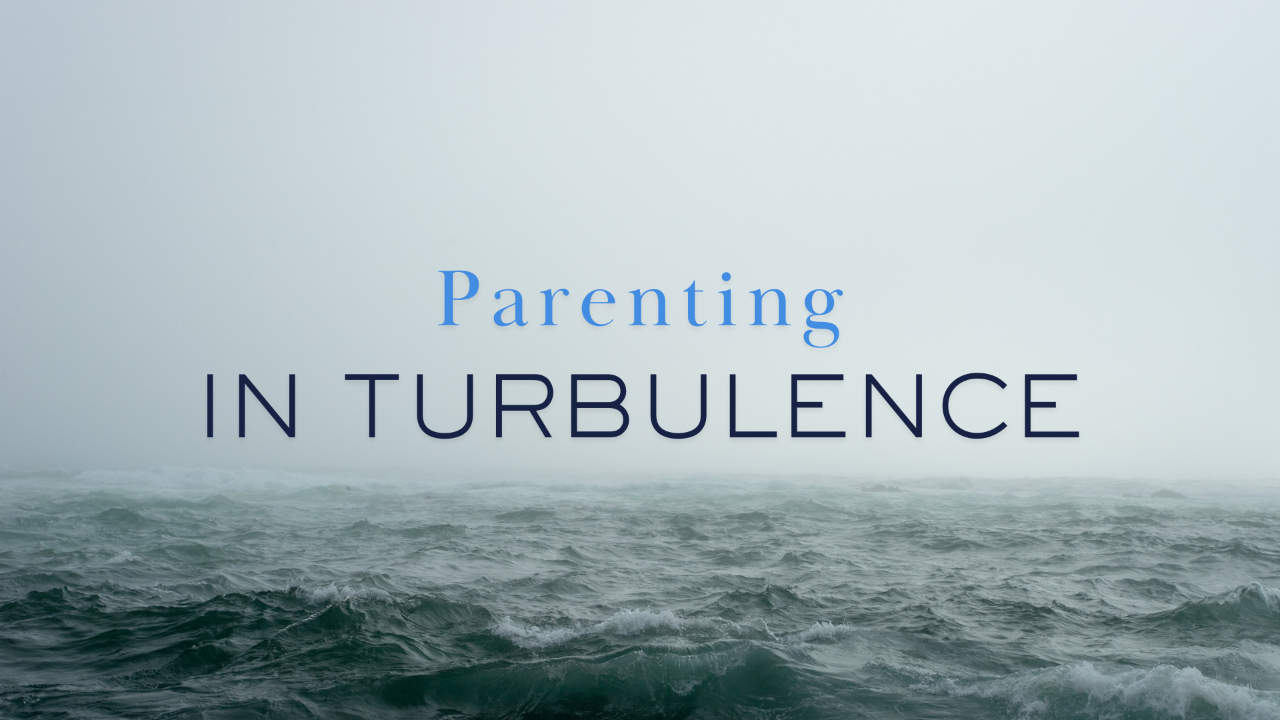Navigating the Undercurrents: Parenting Through the Turbulence of 2024
2024 was a year that tested me. The relentless bombings from my work life coupled with the ever-present demands of family, often left me feeling adrift in a sea of exhaustion. There were days when the weight of it all threatened to pull me under.
But parenting (or perhaps my children?), it seems, was a life vest that refuses to let go - it just took me a while to figure out that they were more of a life vest than a weight in 2024. Even when my own strength faltered, the needs of my children kept me afloat. And in the struggle to stay above water, I discovered a deeper understanding of resilience – not as a triumphant return to shore, but as a relentless navigation of the undercurrents.
Resilience wasn't about erasing the impact of the storm; it was about charting a new course through the choppy waters. It was about making deliberate choices, even when my inner compass spun wildly.
Intentionality as an Anchor
...












